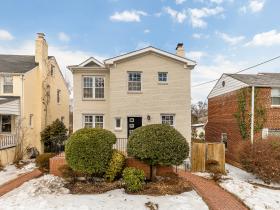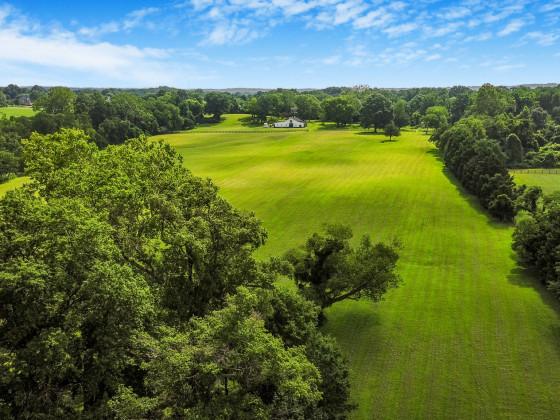What's Hot: What Is In The Big New Housing Bill?
 What's in a Wardman? A Short Overview of DC's Most Prevalent Architecural Style
What's in a Wardman? A Short Overview of DC's Most Prevalent Architecural Style
✉️ Want to forward this article? Click here.
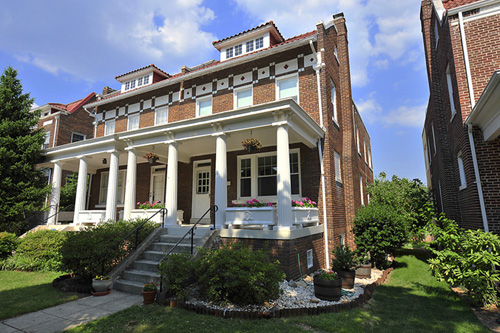
A semi-detached Wardman in DC.
From the UrbanTurf archives.
Harry Wardman is responsible for developing huge swaths of northwest DC, from row houses in Columbia Heights to luxury apartment buildings in Dupont Circle. Busy throughout the first few decades of the 20th century, Wardman has arguably made a bigger impact on DC’s residential real estate scene than any other developer. Starting out with modest row houses, Wardman’s buildings grew in scope and luxury as the years went on and many iconic apartments and hotels around the city are, with the help of a variety of architects, his creations. Here’s a quick rundown on his work.
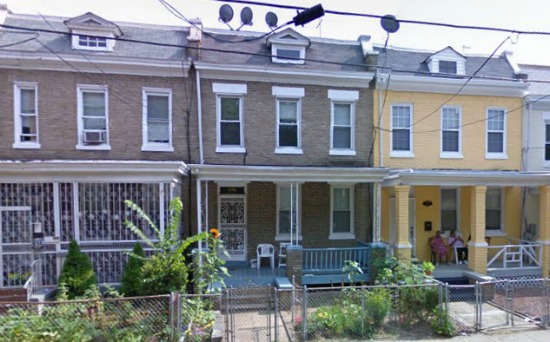
900 Block of Longfellow Street NW. Courtesy of Google Maps.
The Row House
Henry Wardman’s first known project was a series of six homes along the 900 block of Longfellow Street NW (map), designed by architect Nicholas Grimm in the late 19th century. The success of this first endeavor led to Wardman deciding to build several hundred row houses in Columbia Heights, east of 14th Street between Monroe and Spring Streets (map), starting in 1907. The “front-porch row house” style can now be seen on most blocks in the area.
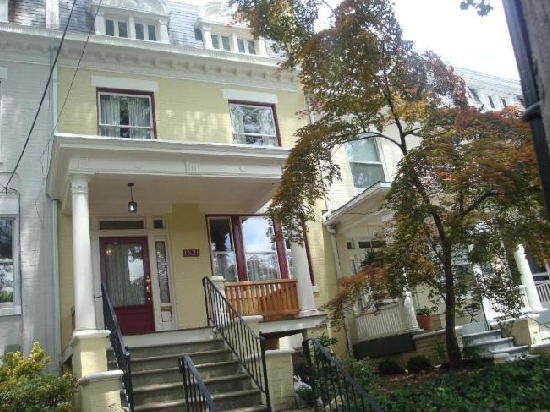
A Wardman row house in 16th Street Heights
All told, Wardman is responsible for a few thousand row houses in Northwest DC neighborhoods like Bloomingdale, Brightwood, 16th Street Heights and Petworth. He developed many of these homes during DC’s streetcar days, when the neighborhoods up 14th Street and Georgia Avenue were well connected to the rest of the city.
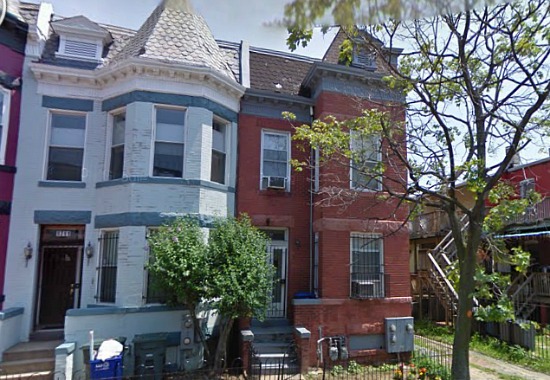
Row house flats
Wardman also tested out a few “row house flats” around Bloomingdale — two-story buildings with two identical units in them, one on top of the other.
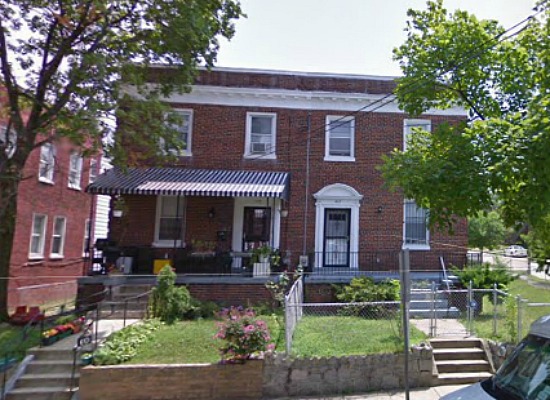
Semi-detached Wardman on Rittenhouse Street NW
A Move Toward Slightly Grander Homes
In 1920, Wardman bought a plot of land in Brightwood, bounded by Peabody Street, Fifth Street, Underwood Street, and Ninth Street. Naming it Fort Stevens Ridge, he developed hundreds of semi-detached and detached homes on the land over the next few years, all with covered porches and plenty of yard space. (The project architect Mihran Mesrobian would go on to design the Carlton Hotel which would become the St. Regis, one of DC’s most revered hotels.) This marked Wardman’s move into single-family homes, examples of which can now be seen in tony neighborhoods like Woodley Park, Kalorama and Cleveland Park.
Notable Multi-Family Buildings
Wardman also built several large, multi-family buildings throughout the city, including The Dresden at 2126 Connecticut Avenue NW (map) and The Northumberland, a luxurious building just south of Meridian Hill Park, working with architect Albert Beers on both. The Dresden, which greets drivers coming off south off the Taft Bridge, has a uniquely rounded facade and was designed in the Georgian-revival style, while the Northumberland is more Classical. Wardman is also responsible The Wardman on 17th Street.
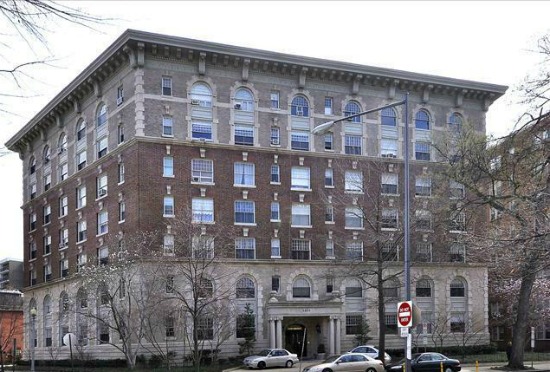
The Northumberland
Hotels
Wardman didn’t want to leave hotels out of his property portfolio, and The Hay-Adams may be the most iconic lodging he designed in the city. Ornately designed and frequented by DC power brokers (the first family lived there before Obama’s inauguration), the 125-room hotel was designed by Mihran Mesrobian in 1928 in an Italian Renaissance style.
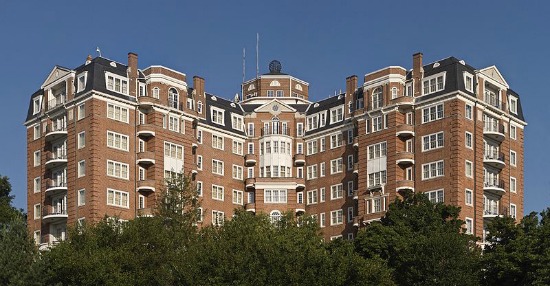
Marriott Wardman Park
On the other end of the size spectrum is Wardman’s Park Hotel, now known as Marriott Wardman Park. Located at 2600 Woodley Road NW (map), Wardman developed the hotel in 1918 after the First World War, and it has since been home to presidents and other public figures.
Wardman lost his $30 million fortune in the 1929 stock market crash. He went back to building single-family homes until his death in 1938.
Admittedly, this overview only begins to scratch the surface of the Wardman style, but we hope it helps provide some insight and context as you cruise around the city looking at properties.
See other articles related to: architecture, dclofts, editors choice, henry wardman, wardman
This article originally published at https://dc.urbanturf.com/articles/blog/whats_in_a_wardman/5419.
Most Popular... This Week • Last 30 Days • Ever
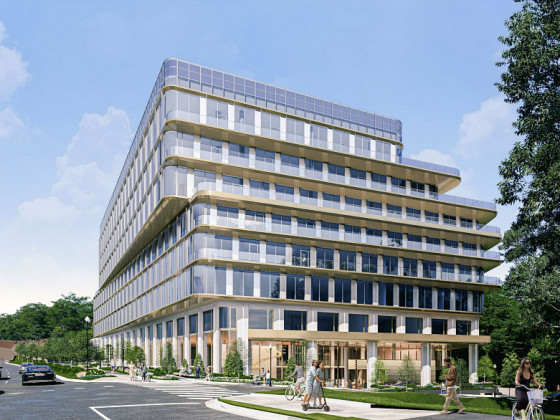
Taicoon Property Partners will take its plans for a seven-story, 88-unit luxury condo... read »
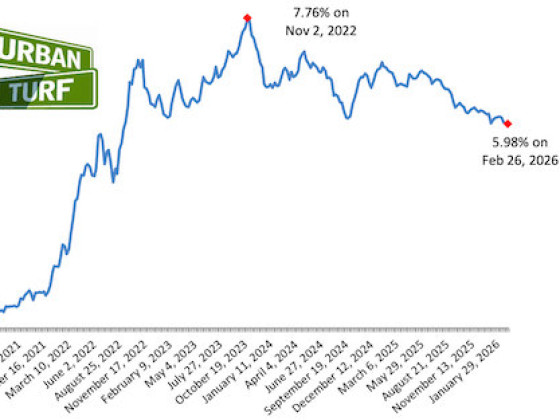
While it may seem like paying off a long-term mortgage early is a difficult task, it ... read »
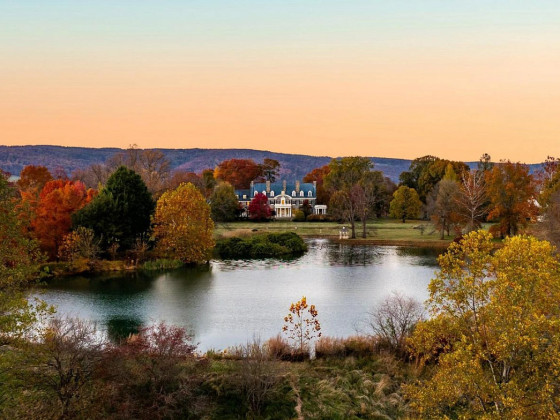
The property in Upperville known as Ayrshire Farm sold on Friday.... read »
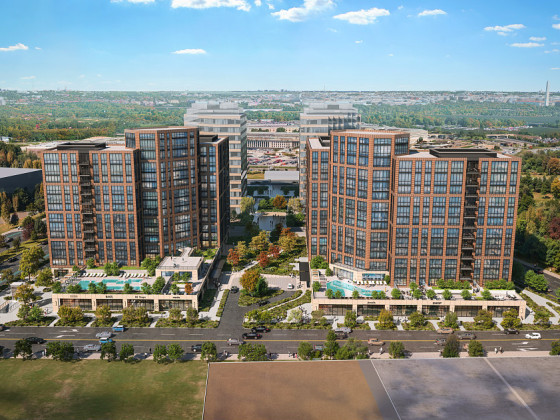
A new proposal is on the boards for the former home of the Transportation Security Ad... read »
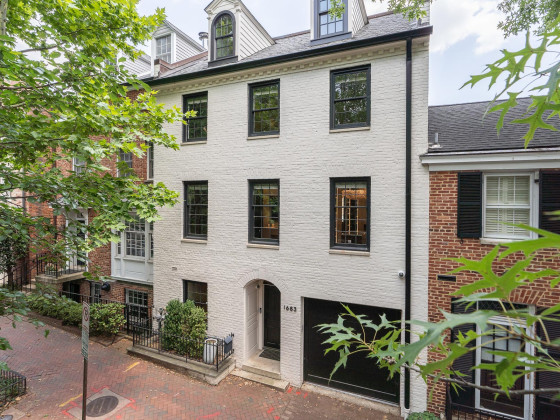
The classic Federal-style home recently underwent a dazzling, $2M renovation and boas... read »
- Plans For One Of Northern Virginia's Largest Condo Projects Move Forward
- A Look at The Ways You Can Pay Off Your Mortgage Early
- Sandy Lerner's 570-Acre Virginia Farm Sells For $19.8 Million
- 637 Apartments, 31,000 Square Feet Of Retail: The New Plans for Pentagon City TSA Site
- A Pool, Elevator and Glass Roof: Luxuriously Renovated Georgetown Home Hits the Market
DC Real Estate Guides
Short guides to navigating the DC-area real estate market
We've collected all our helpful guides for buying, selling and renting in and around Washington, DC in one place. Start browsing below!
First-Timer Primers
Intro guides for first-time home buyers
Unique Spaces
Awesome and unusual real estate from across the DC Metro




